Information
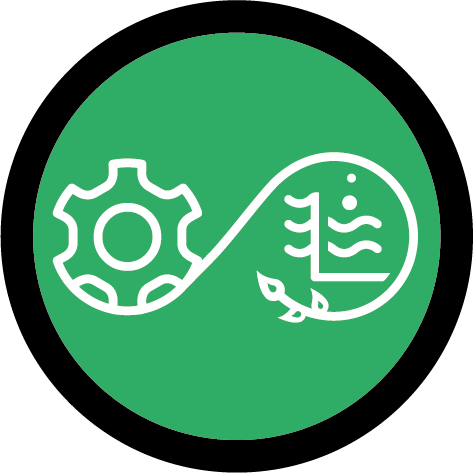
- Entry: September 2026 (Master 1 or Master 2)
- Duration: 1 or 2 years
- Place: Nantes
- Langue: English
- Place: Nantes
- Langue: English
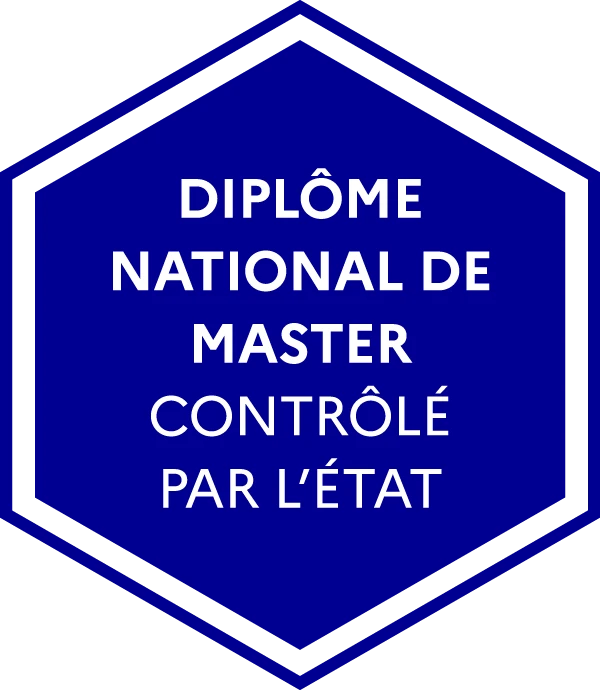

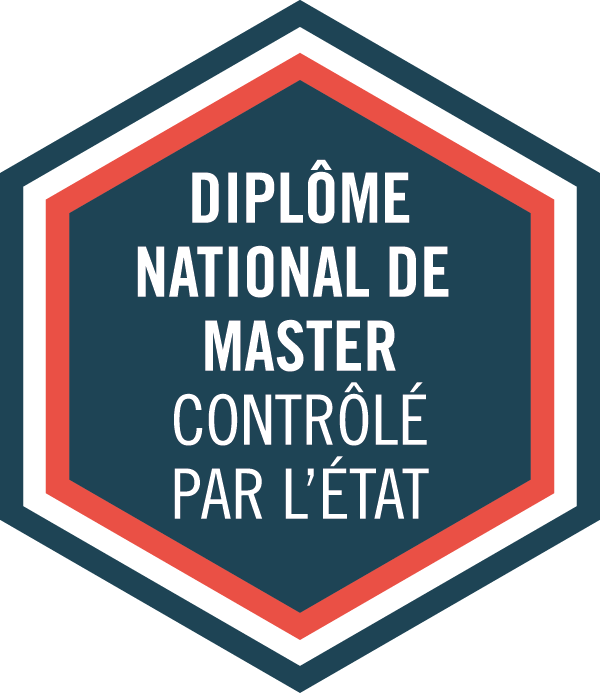
The program mainly aims at international students and is taught in English.

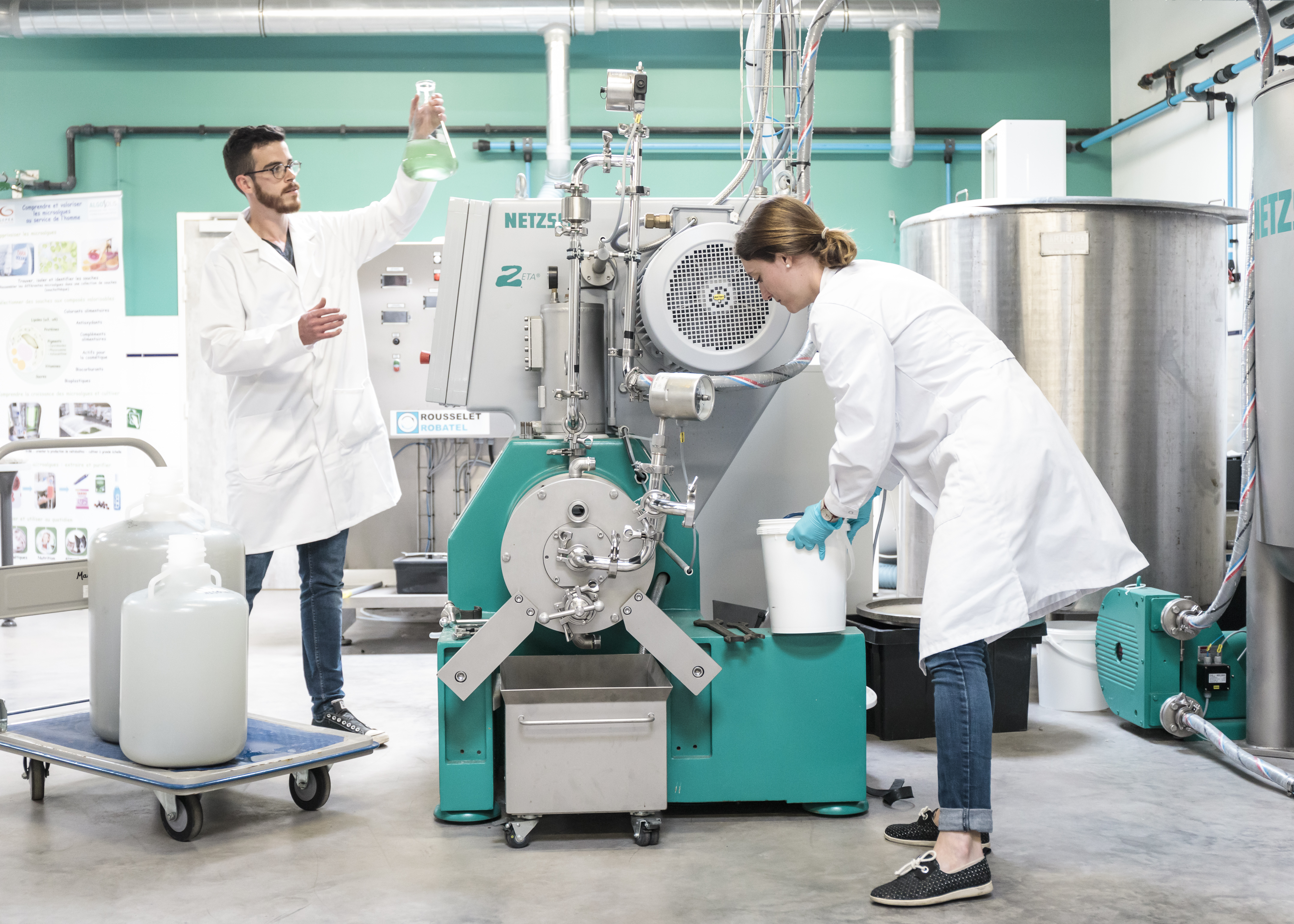
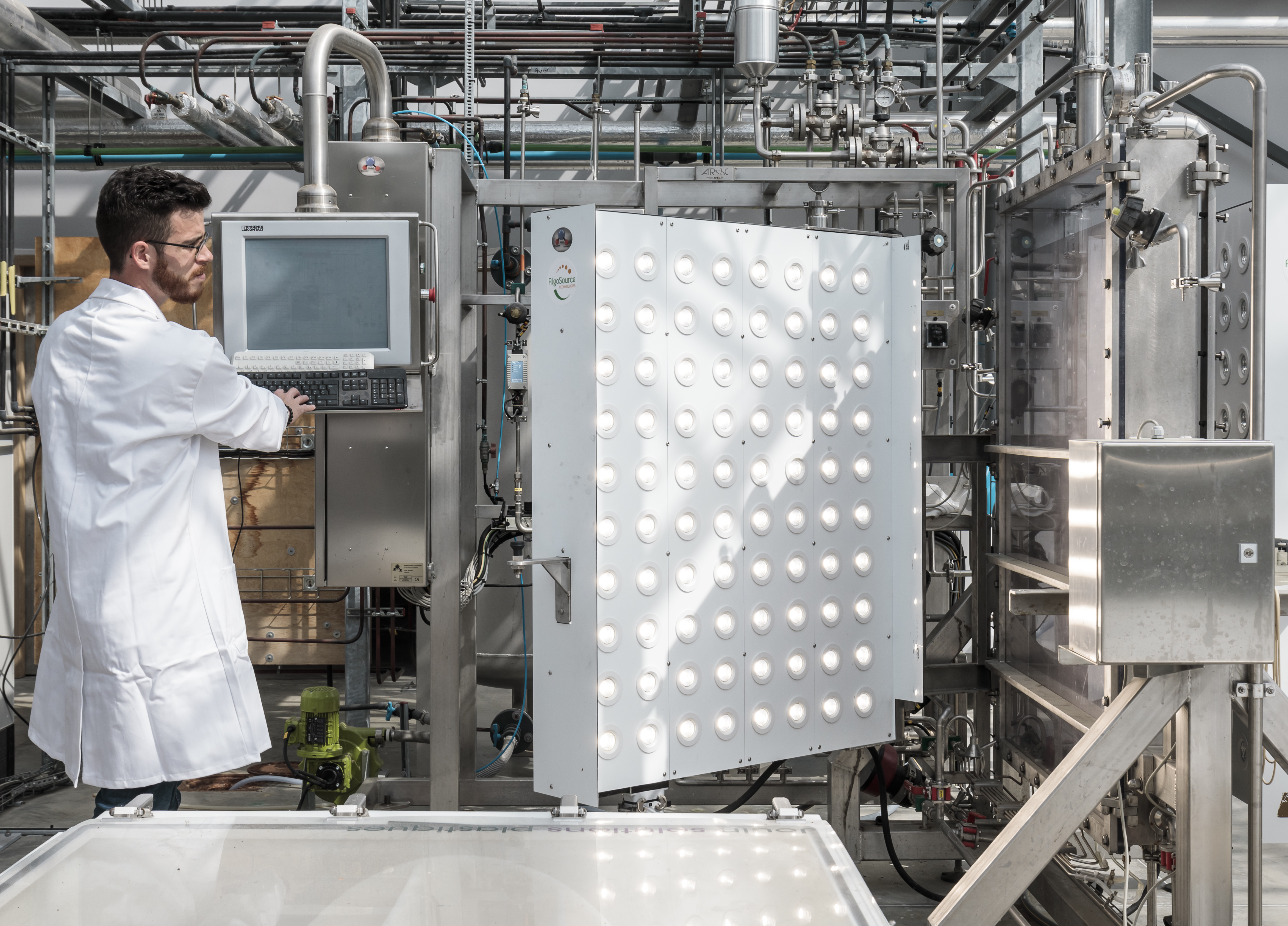
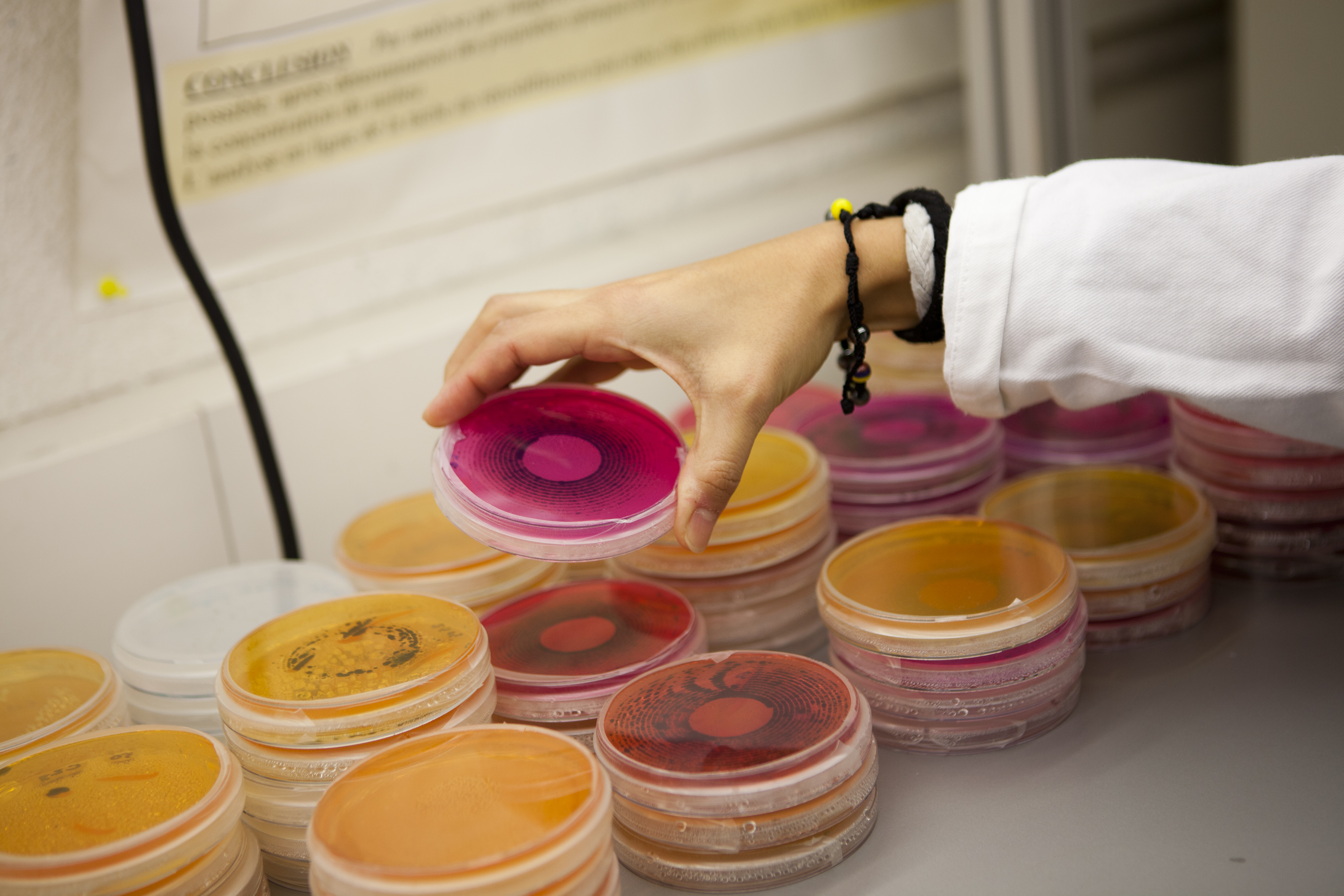 The training programme benefits from multiple industrial and international collaborations, such as with Australia (Flinders University, Murdoch University), the USA (Georgia College and State University, Grove City College), South America (University of Sao Paulo and University Federal of Santa Catarina), and Europe (TU Berlin, University College Dublin, etc.). The Master's programme is also part of the ERASMUS exchange programs with several European universities, as well as internationally (about twenty countries, including Lebanon, Indonesia, etc.). Industrial partners are already involved, such as AlgoSource in the microalgae sector, for example.
The training programme benefits from multiple industrial and international collaborations, such as with Australia (Flinders University, Murdoch University), the USA (Georgia College and State University, Grove City College), South America (University of Sao Paulo and University Federal of Santa Catarina), and Europe (TU Berlin, University College Dublin, etc.). The Master's programme is also part of the ERASMUS exchange programs with several European universities, as well as internationally (about twenty countries, including Lebanon, Indonesia, etc.). Industrial partners are already involved, such as AlgoSource in the microalgae sector, for example.Students must meet one of the following English proficiency criteria:
The programme is built on a multidisciplinary approach, covering topics from plant (bio)chemistry to process engineering and modeling, providing students with the skills and knowledge needed to tackle the challenges of a bioresource-based industry.
Each student can choose between two specialization tracks: "Valorization of Microalgae"; "Innovative Food Factory"